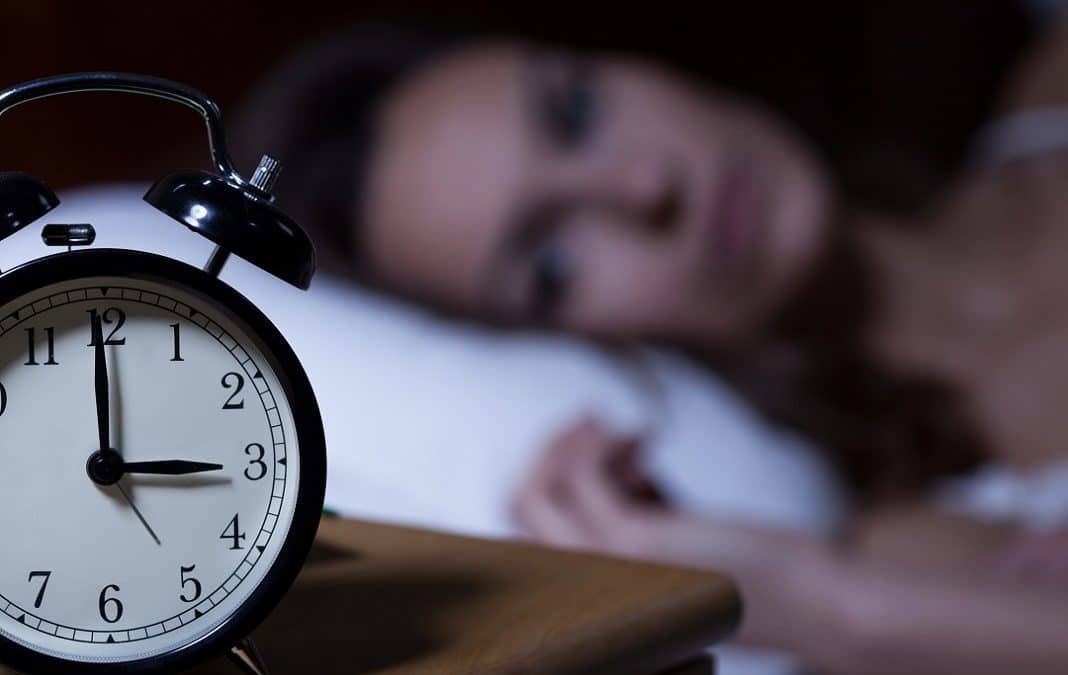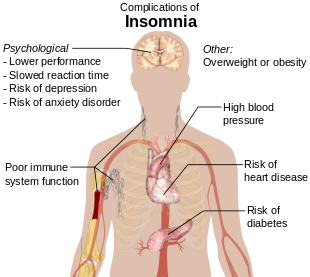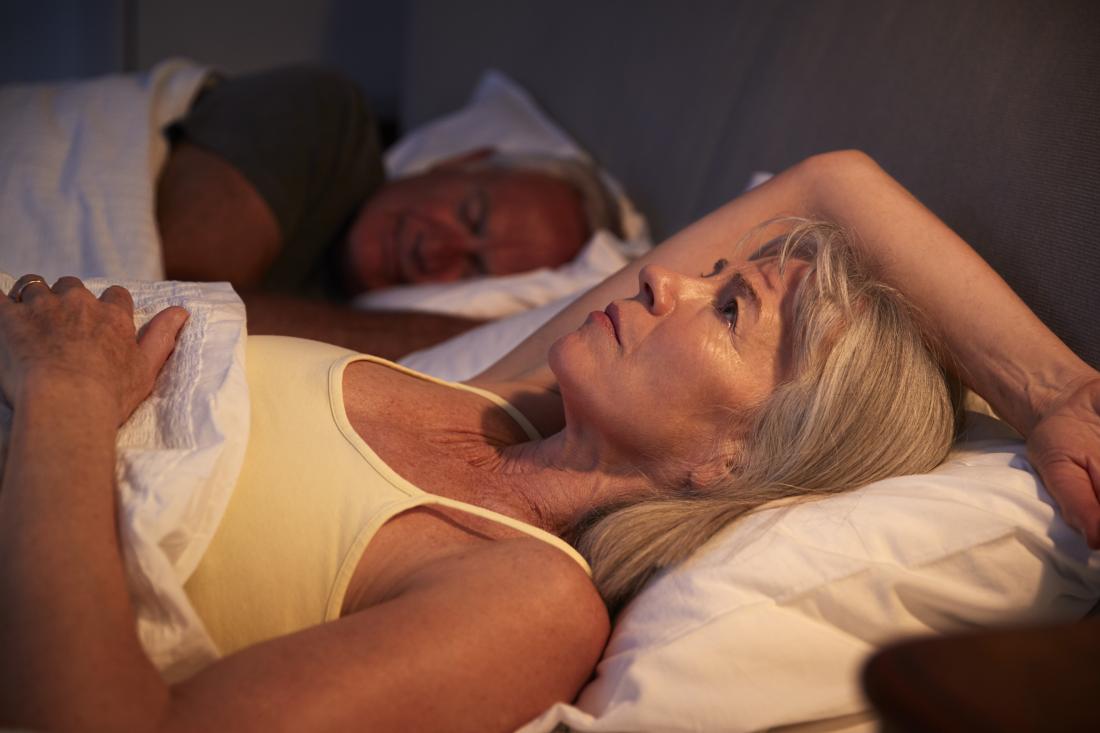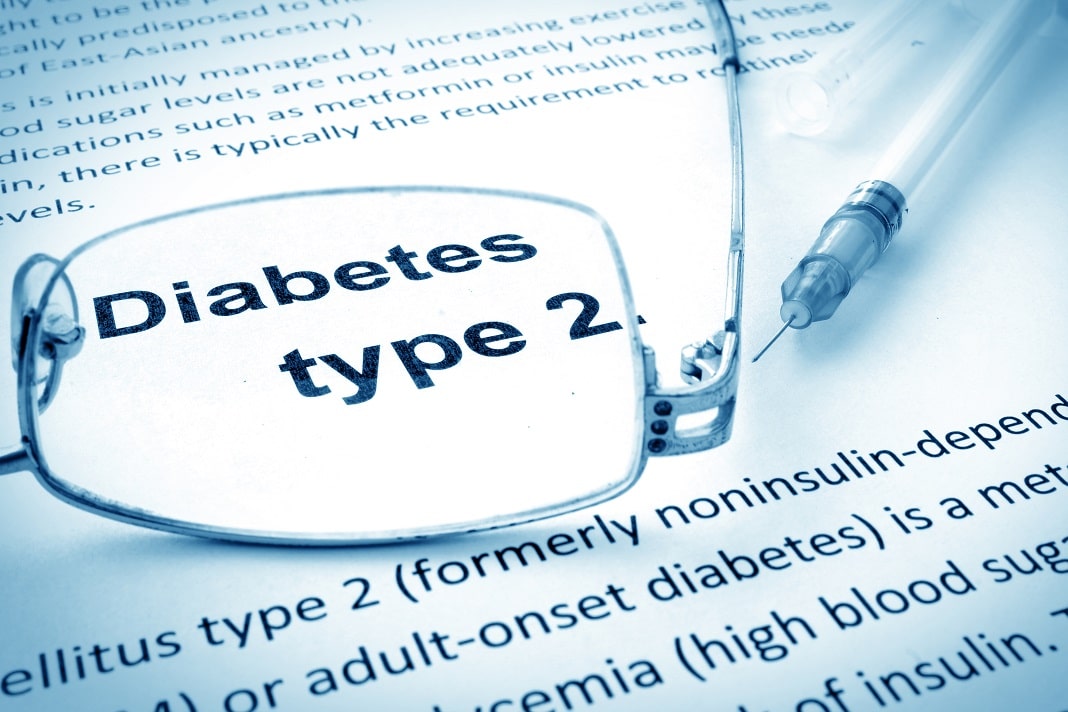The National Sleep Foundation define insomnia as difficulty falling asleep or staying asleep even when a. If such a trait does exist one would hypothesize that this predisposition is genetically transmitted and thus insomnia would also have a genetic component.

Pdf Genetic And Environmental Influences On Insomnia Daytime Sleepiness And Obesity In Twins Semantic Scholar
A new study shows that insomnia also has a genetic background.

Is insomnia genetic or environmental. According to one study the often-debilitating sleep disorder insomnia can be genetic and for some insomnia. Indeed if patients think that a disorder is purely genetic. Lane and Massachusetts General Hospital identified 57 loci related to insomnia to answer the question is insomnia genetic.
One report on the human genome from 2018 confirmed insomnia is at least partially genetic. The self-reported sleep problems studied included trouble falling asleep trouble. The modest overlap between insomnia and externalizing disorders indicates that these disorders are genetically.
Indeed a recent twin study has shown that more than 50 of the variance in the risk for insomnia can be attributed to genetic components. For example some people suffer from insomnia simply because they habitually drink caffeine or energy drinks before bed. Studies are beginning to indicate the answer may be yes.
Is Insomnia Genetic. The evidence for substantial genetic overlap between insomnia and stable aspects of both internalizing disorders suggests that there may be few insomniaspecific genes and investigation into unique environmental factors is important for understanding insomnia development. Scientists have now identified hundreds of genetic locations that may each contribute a little bit to a persons overall risk.
Genetic and environmental influences on insomnia were studied in 2825 pairs of Vietnam era veteran male twins. Overall the study confirms that insomnia has a partially heritable basis. Various other pieces of research into sleep genes and hereditary conditions share this conclusion.
Autosomal means the gene is found on one of the numbered chromosomes found in both sexes. The researchers also found a strong genetic link between insomnia and type 2. The significant genetic correlations between FIRST scores and insomnia demonstrate that insomnia shares both genetic and environmental influences with sleep reactivity as reflected in the FIRST.
Fatigue cognitive impairments and poor motivation are commonly. Knowledge is still very scarce about the genetic and epigenetic background of insomnia one of the most common sleep disorders which affects 1015 of the adult population. Fatal familial insomnia FFI is inherited in an autosomal dominant pattern.
And high energy individuals generally experience insomnia more than those of us who are naturally calm. All individuals inherit two copies of each gene. The bottom line is that insomnia has a significant genetic component.
Interestingly this study also found one variant in the TGFBI gene significantly associated with insomnia only in females and another in the WDR27 gene that was only significant in males. Your DNA is responsible for more than the color or your hair or eyes. Dominant means that only one altered copy of a gene is necessary to have the condition.
In relation to this point a high heritability is often misunderstood as genetic determinism. Its a habit they perform for so long that they may never realize that a simple lifestyle. There is some thought that specific genes are responsible for insomnia and a life changing event in childhood may trigger those genes and cause insomnia.
New research suggests so. Therefore if someone is suffering from insomnia and knows that the heritability of insomnia is high they may think that their children will unfailingly suffer from insomnia as well regardless of environmental influences. This is a disorder in which the substance phenylalanine found in certain foods cant be broken down by the body and can lead to brain damage.
While genes have been associated with insomnia several physiological and psychological factors can contribute to a persons lack of sleep. However each measure also had significant unique genetic and environmental influences indicating that they are not identical constructs. The genetic overlap between insomnia and mood disorders may point toward why cognitive behavioral therapy may be effective for both sleep and anxiety.
These misconceptions are concerning and could potentially influence perceptions of treatment. Insomnia is characterised by difficulty initiating or maintaining sleep early-morning awakening or the feeling of non-restorative or unrefreshing sleep. There is a genetic tendency to inherit the circadian rhythm of your sleep causing you to prefer day or night time waking activities.

Diagnostic Distribution Of Insomnia Complaints Download Scientific Diagram

Insomnia Disorder And Its Reciprocal Relation With Psychopathology Sciencedirect

The Impact Of Stress On Sleep Pathogenic Sleep Reactivity As A Vulnerability To Insomnia And Circadian Disorders Kalmbach 2018 Journal Of Sleep Research Wiley Online Library

Figure 1 From The Genetics Of Insomnia Evidence For Epigenetic Mechanisms Semantic Scholar

Pdf The Genetic And Environmental Structure Of The Covariation Among The Symptoms Of Insomnia Fatigue And Depression In Adult Females

Is Insomnia Genetic Sleep Centers Of Middle Tennessee

Pdf Genetic And Environmental Influences On Insomnia Daytime Sleepiness And Obesity In Twins Semantic Scholar

The Genetics Of Insomnia Evidence For Epigenetic Mechanisms Sciencedirect

Pdf Heritability Of Insomnia Symptoms In Youth And Their Relationship To Depression And Anxiety

Sleep Problems Are Influenced By Our Genes But This Doesn T Mean They Can T Be Fixed


:max_bytes(150000):strip_icc()/what-is-insomnia-the-features-symptoms-and-causes-3014805-01-6d8b6d5d948945e68dd24a68c45ef795.png)
